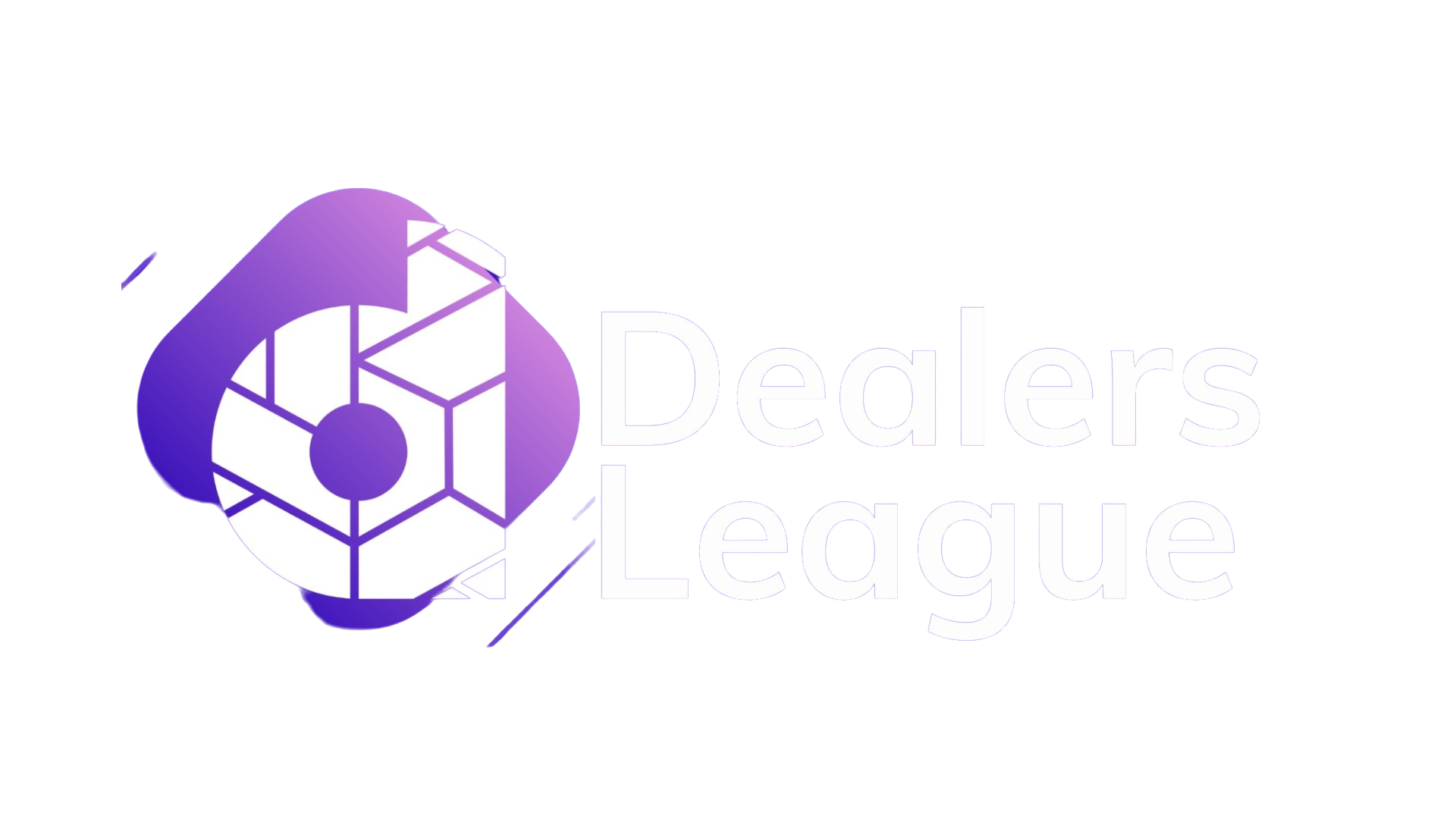In a world increasingly dominated by digital platforms and technologies, Artificial Intelligence (AI) has emerged as a critical tool in the realm of marketing and Search Engine Optimization (SEO). As a marketing professional, I’ve seen first-hand how AI can streamline tasks, provide valuable insights, and enhance our marketing strategies. Yet, I’ve also observed potential threats and challenges that AI presents in this domain. I want to shed light on these issues and stimulate thoughtful conversation on how we can navigate the evolving landscape of AI in marketing.
Let’s provide a balanced perspective on the role of AI in SEO first. There are lots of benefits of AI in SEO, such as improved keyword research, enhanced content quality, and predictive capabilities. However, I want to point out the potential threats and challenges of AI, including the risk of Google penalising spammy auto-generated content, the possibility of failing plagiarism tests, low rankings with AI-generated content, the lack of human touch in AI-generated content, the absence of creativity in SEO workflows, and the risk of AI generating biased opinions.
I hope you will see the double-edged sword that AI presents to SEO. My goal is to equip readers with the knowledge needed to harness the potential of AI in SEO, while also being aware of its limitations and threats. This understanding is crucial for creating balanced and effective SEO strategies that leverage the best of what AI offers without falling into potential pitfalls. As we journey together through this exploration of AI in SEO, I encourage you to reflect on your own experiences.
The Risk of Google’s Penalisation for Spammy Auto-Generated Content
Google’s penalization of spammy auto-generated content: AI can be utilized to create content, but there’s a risk that Google might penalize auto-generated content that doesn’t provide value to users. Even though SEO tools integrated with advanced Natural Language Processing (NLP) models can generate content, they still require a human writer to edit the content so that it isn’t flagged as spam by Google. Read more about this here
The Challenge of Plagiarism in AI-Generated Content
Possibility of failing a plagiarism test: Tools like ChatGPT-3 use existing content on the internet to train their models, and as such, any content they generate may not pass a plagiarism test. Verifying the information and checking for accuracy becomes an added step, making the process more challenging. Read more about this here
The Impact of AI-Generated Content on SERP Rankings
Low rankings with AI-generated content: Websites with AI-generated content tend to rank lower on Search Engine Results Pages (SERPs). While AI can aid in content writing, it should not replace human writers. Editing high-quality auto-generated content for better rankings can be challenging and time-consuming. Read more about this here
The Missing Human Touch in AI-Generated Content
Lack of human touch: Even though AI content can be grammatically accurate and engaging, it still lacks a human touch. It may not contain elements of jest, sarcasm, storytelling, connotations, localization, and other aspects of writing that make it more interesting to read. Read more about this here
The Loss of Creativity in SEO Workflows Due to AI
Absence of creative element in SEO workflows: As SEO analysts become more reliant on AI to do most of their job, it might remove the creative element from SEO workflows, making the resulting content devoid of originality. Read more about this here
The Potential for Bias in AI-Generated Content
Possibility of generating biased opinion: Since NLP models are trained on available data on the internet, there’s a potential for bias, as the existing content doesn’t represent the entire world population. AI may generate biased opinions and views if the topic of concern doesn’t have comprehensive coverage. Read more about this here
Recap
In this exploration of the role of AI in SEO, we’ve examined both the benefits and potential threats of this innovative technology. On one hand, AI has the capacity to revolutionise SEO, with its ability to conduct efficient keyword research, improve content quality, and provide predictive analytics. However, it’s important to remember that the integration of AI into SEO is not without its challenges.
The risks we’ve discussed include the potential for Google to penalise spammy auto-generated content, the possibility of AI-generated content failing plagiarism tests, and the likelihood that such content could rank lower on SERPs. Moreover, the potential loss of a human touch in AI-generated content, a diminished creative element in SEO workflows, and the risk of AI generating biased opinions, all represent significant challenges to the effective use of AI in SEO.
The key takeaway from this discussion is that while AI offers promising benefits for SEO, it is not a magic bullet. Instead, AI should be seen as a tool to be used strategically and thoughtfully. It is crucial to maintain a balance and to use AI as an aid, rather than a replacement, for human creativity and judgment. As we move forward in the evolving landscape of SEO, keeping these considerations in mind will be essential to successfully leverage the potential of AI while mitigating its risks. Read more about this here
Sources:
[ninja_form id=5]

